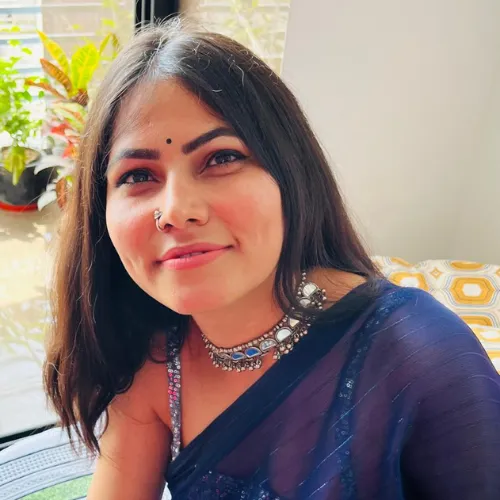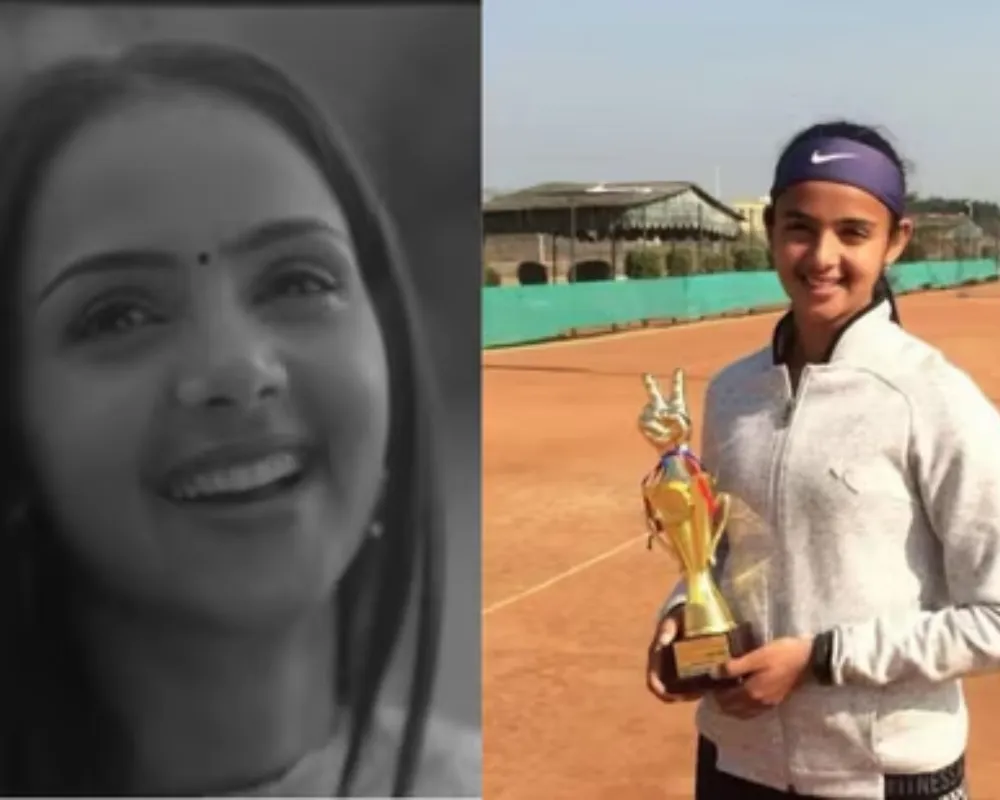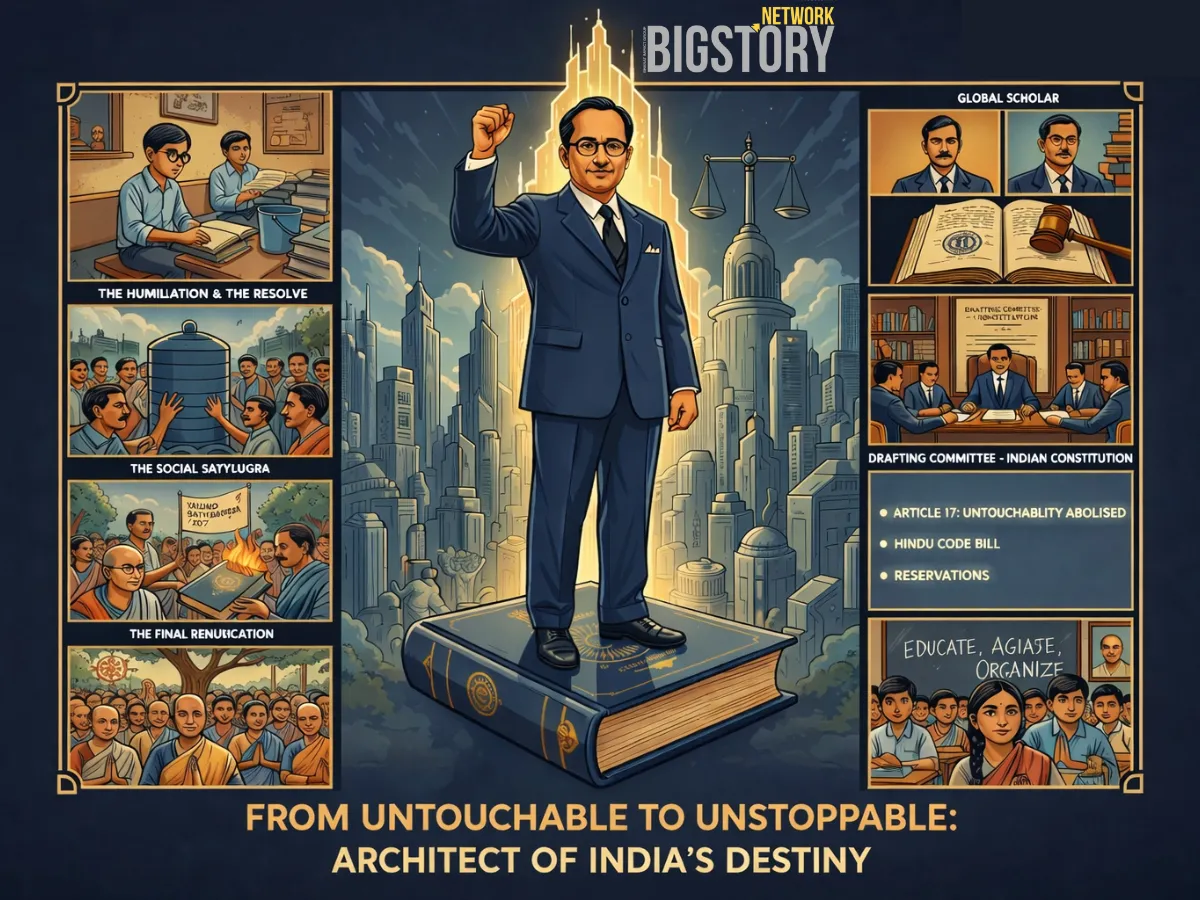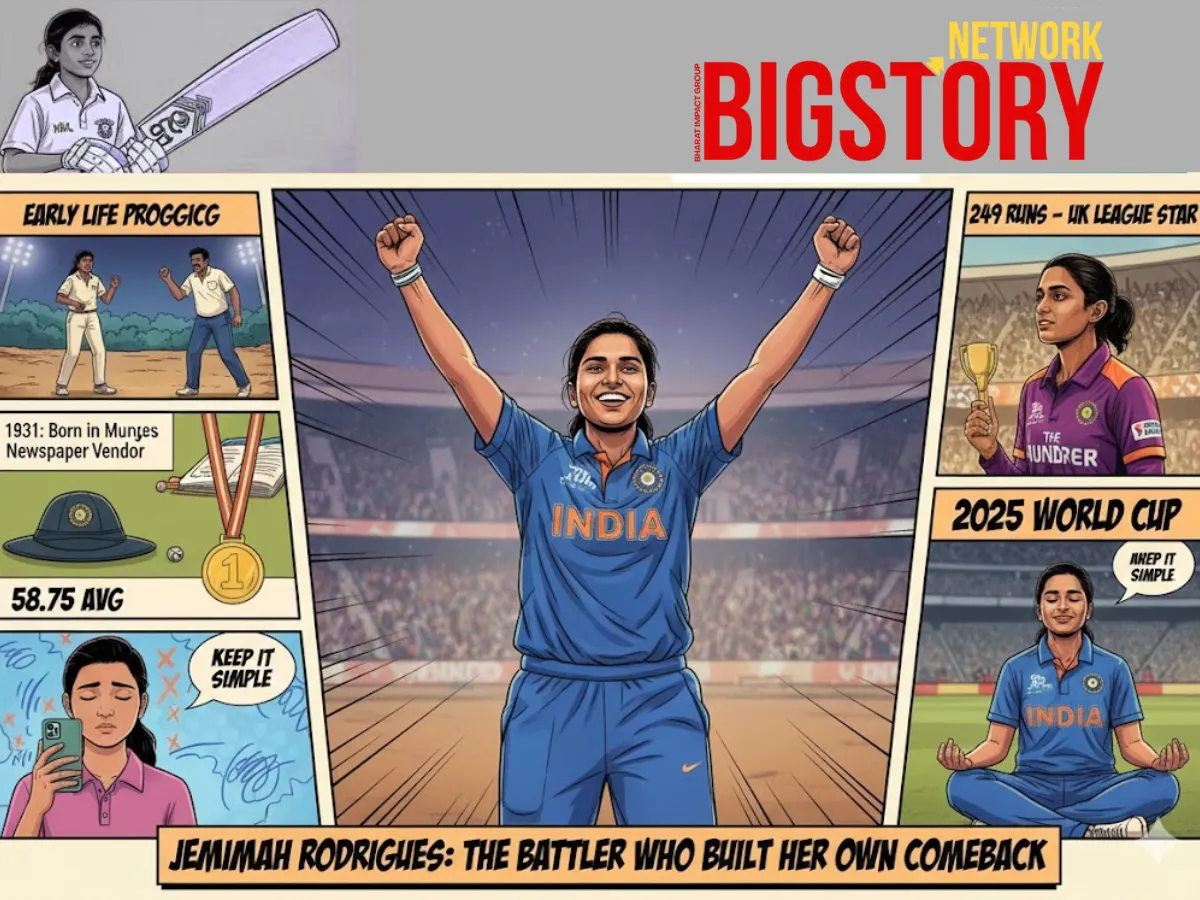The tragic Gurugram death of tennis player Radhika Yadav, allegedly by her father, has shocked the nation. Explore the unsettling details, motives, and societal implications of this heart-wrenching case.
 Ritika Singh
Ritika Singh

The nation was left stunned by the horrific news of 25-year-old state-level tennis player Radhika Yadav's death in Gurugram. What makes this case particularly chilling is the alleged involvement of her own father, Deepak Yadav, in the heinous crime. This incident has ignited a crucial discussion about familial pressures, societal expectations, and the dark undercurrents that can tragically disrupt even seemingly normal lives.
On Thursday, July 10, 2025, around 10:30 AM, gunshots shattered the quiet of a home in Gurugram's Sector 57. Radhika Yadav, a promising athlete who had transitioned to coaching after an injury, was in the kitchen when she was reportedly shot multiple times by her father, Deepak Yadav, using his licensed .32 bore revolver. Initial reports suggested three bullets, but a post-mortem later confirmed she sustained four gunshot wounds, with discrepancies regarding the entry points (some reports stating from behind, others chest).
Radhika's uncle, Kuldeep Yadav, who lived on the ground floor of the same house, rushed upstairs upon hearing the commotion and found her bleeding profusely. She was immediately taken to a nearby hospital but was tragically declared dead on arrival. Her mother was also present in the house at the time, though not directly in the kitchen.
Deepak Yadav was swiftly arrested, and during initial questioning, he reportedly confessed to the crime. The primary motive cited by police and the accused himself points to a deep-seated resentment and insecurity stemming from societal taunts. Deepak allegedly felt humiliated by people who "mocked" him for supposedly "living off his daughter's income." This despite the family reportedly being financially sound with rental income and another son employed in real estate.
A significant point of contention was Radhika's involvement in training young tennis aspirants. While early reports suggested she owned an academy, police later clarified that she booked courts at various locations to conduct coaching sessions. Her father reportedly objected to this, urging her to stop, but she refused. This disagreement escalated into heated arguments, ultimately leading to the fatal shooting.
Beyond the financial dependence narrative, other angles are being explored. There were speculations about Deepak's disapproval of Radhika's personal relationships or her presence in a music video from 2024. However, police have largely dismissed the music video as a direct trigger, stating it had no connection to the murder, and the accused repeatedly emphasized his objection to her earning through coaching. Some close friends have also alleged that Deepak was controlling and conservative, and Radhika felt "suffocated." WhatsApp chats between Radhika and her coach, hinting at her desire to leave home and even move abroad, also surfaced, though police are not actively probing this as a direct motive for the murder.
The Radhika Yadav death case is a stark reminder of how deeply societal pressures can permeate individual lives and family dynamics, leading to devastating consequences.
Deepak Yadav has confessed to the crime and has been sent to judicial custody. The police investigation is ongoing, examining all angles and gathering further evidence. The case has sparked outrage and sorrow across the nation, particularly within the sports community, highlighting the vulnerability of individuals to domestic violence and the urgent need for addressing deeply ingrained societal norms that can fuel such tragedies.
The Radhika Yadav death case serves as a somber reminder that success and talent do not always guarantee safety or freedom from oppressive social constructs. It calls for a deeper societal introspection on gender roles, parental expectations, and the importance of fostering environments where individuals, especially young women, can thrive without fear of judgment or violence, even from those closest to them.






Sign up for the Daily newsletter to get your biggest stories, handpicked for you each day.
 Trending Now! in last 24hrs
Trending Now! in last 24hrs